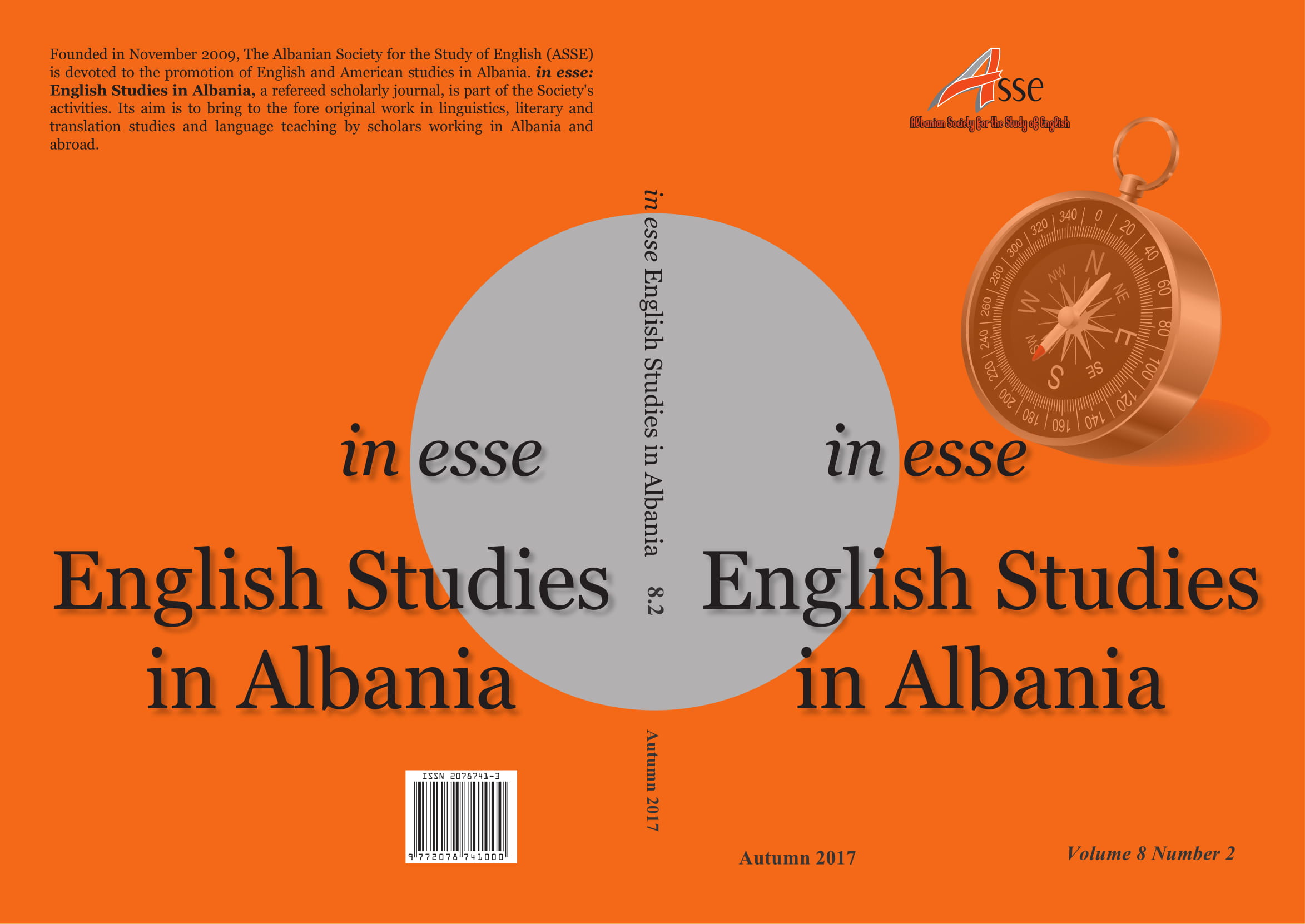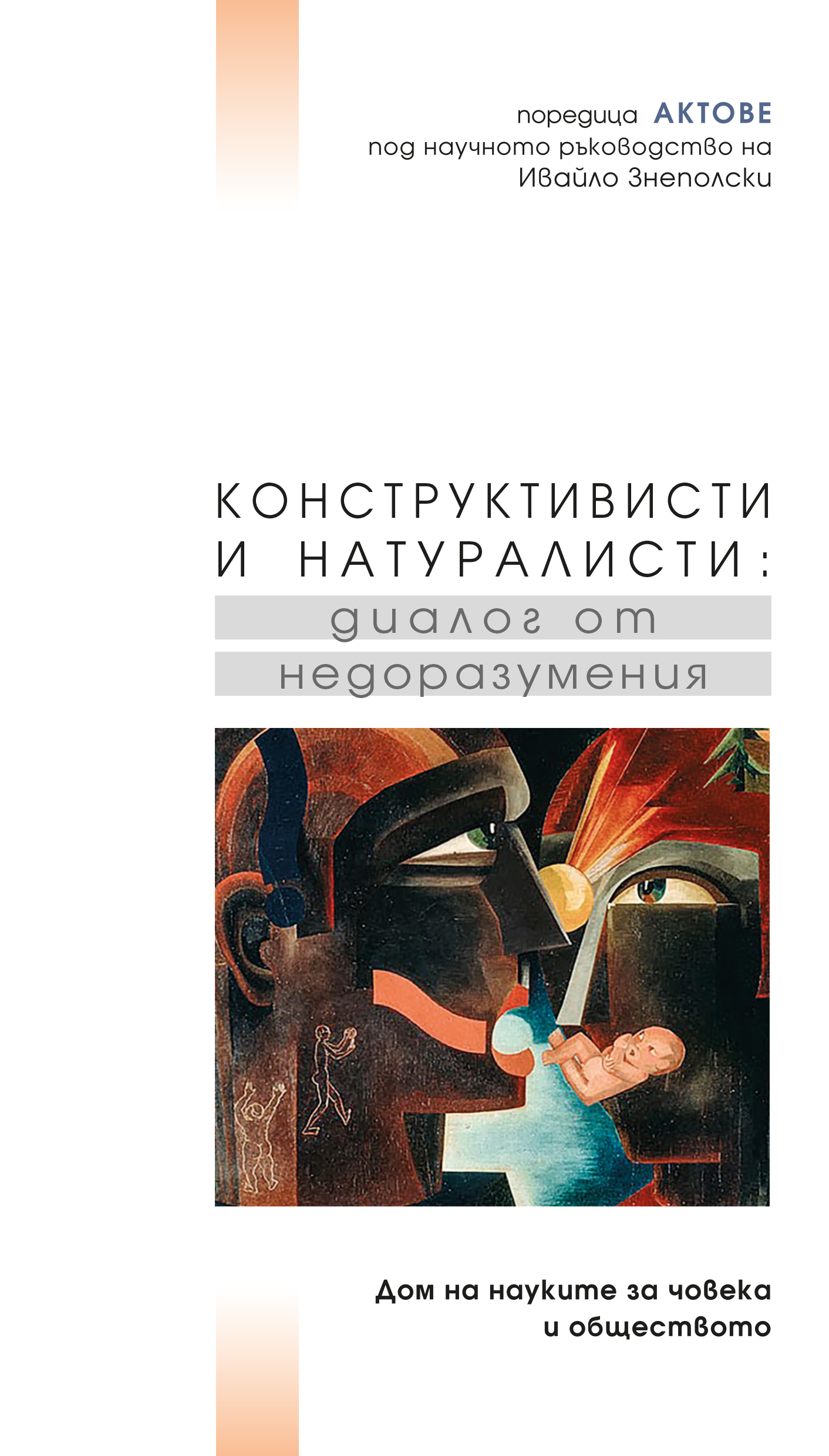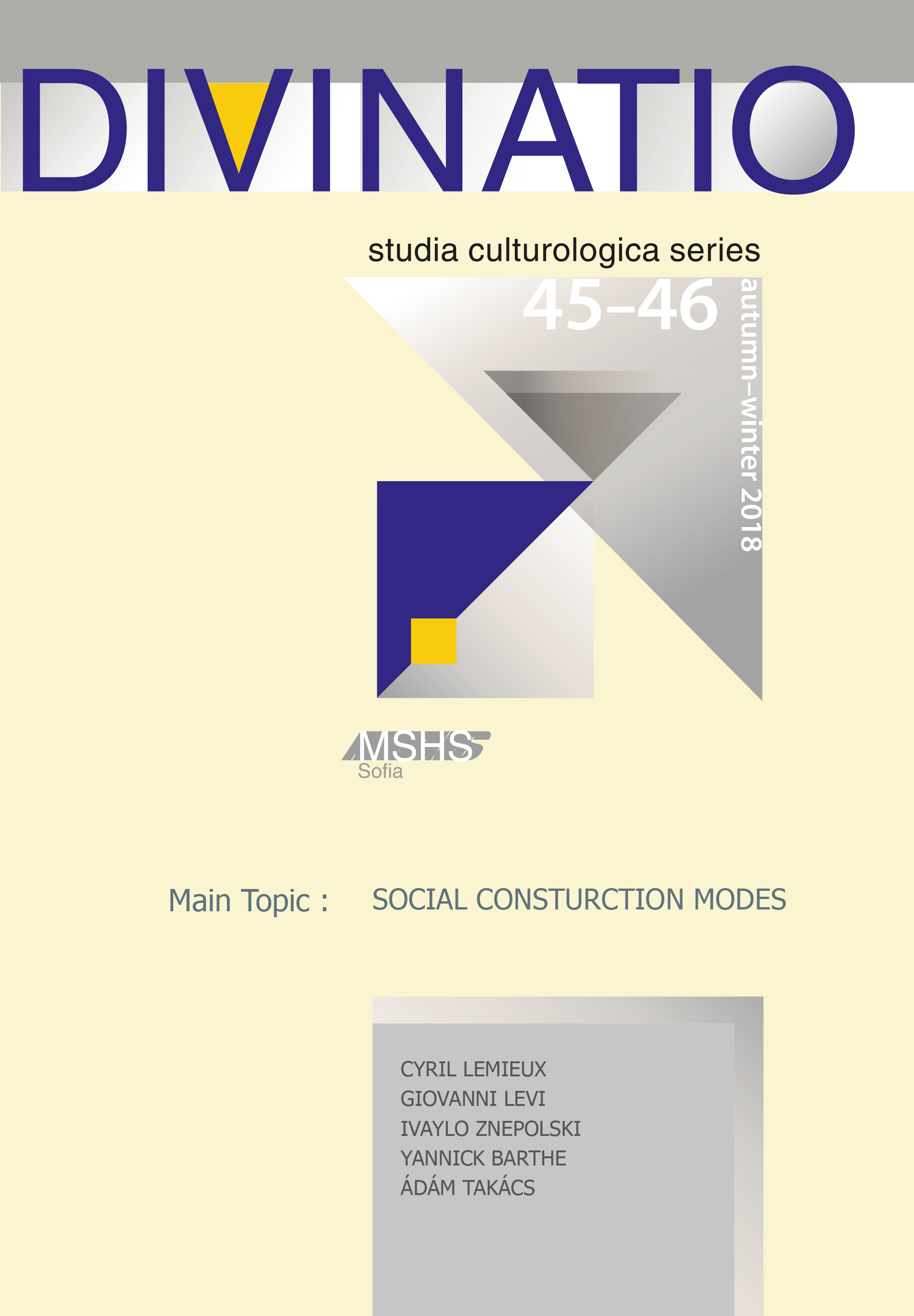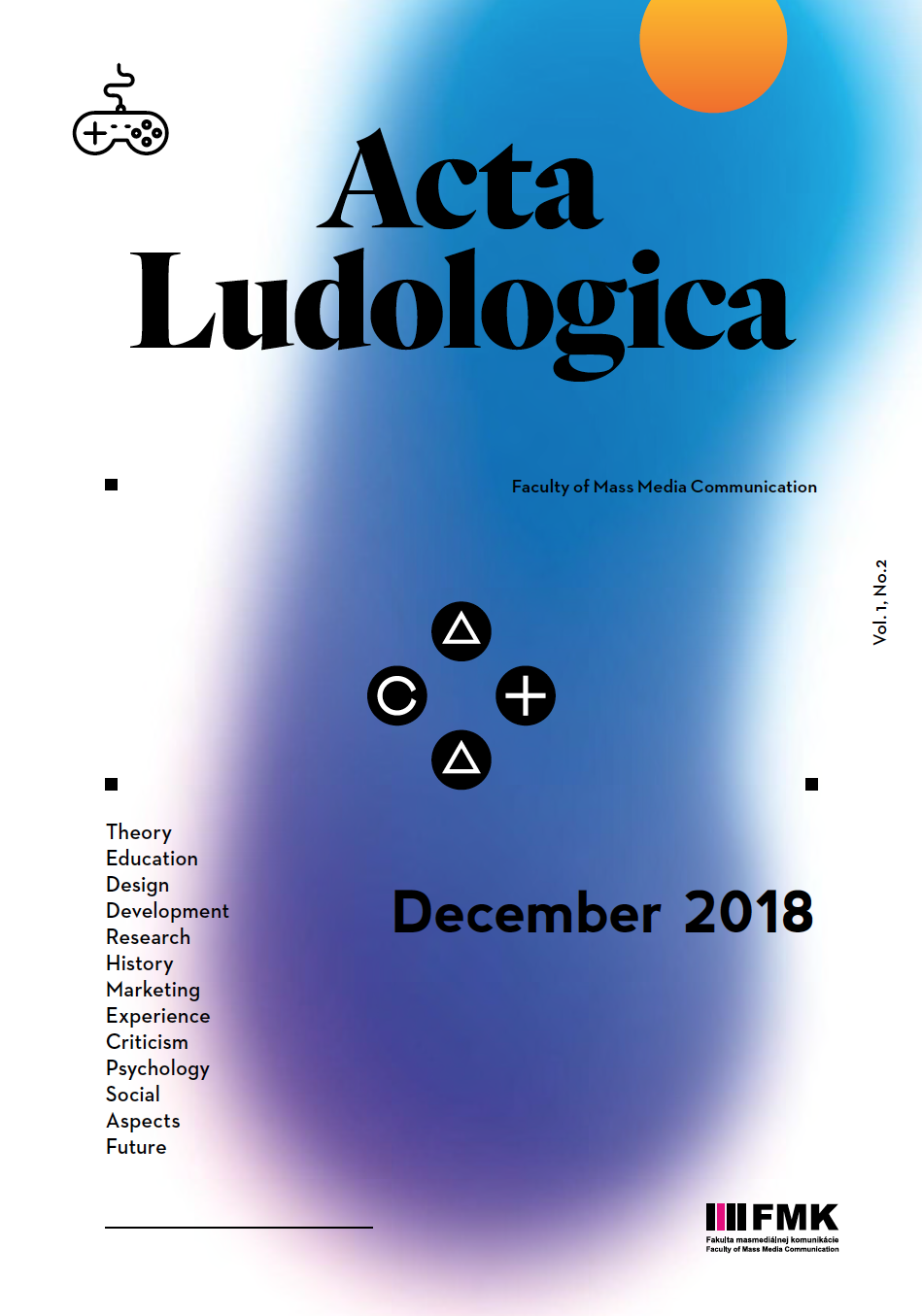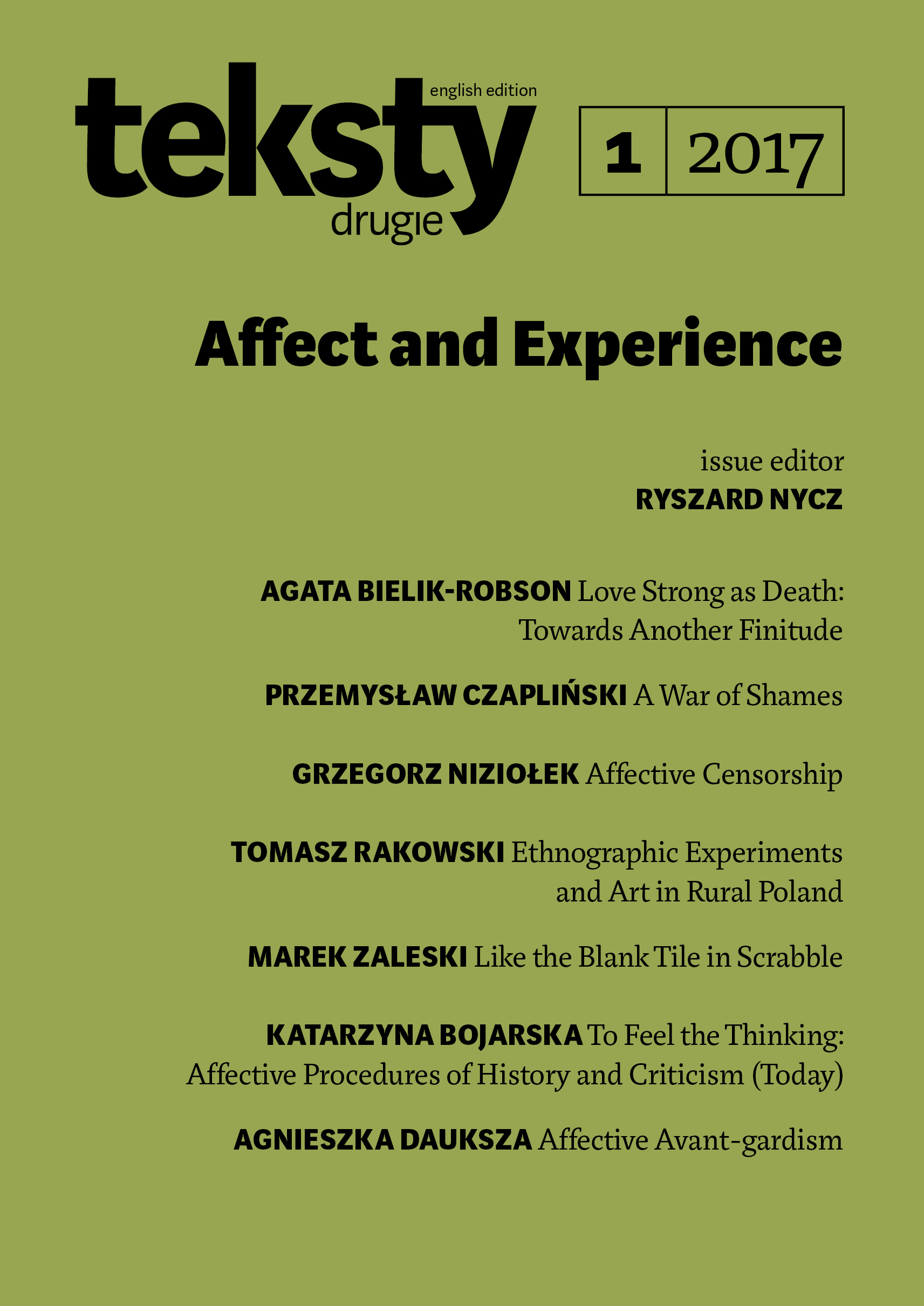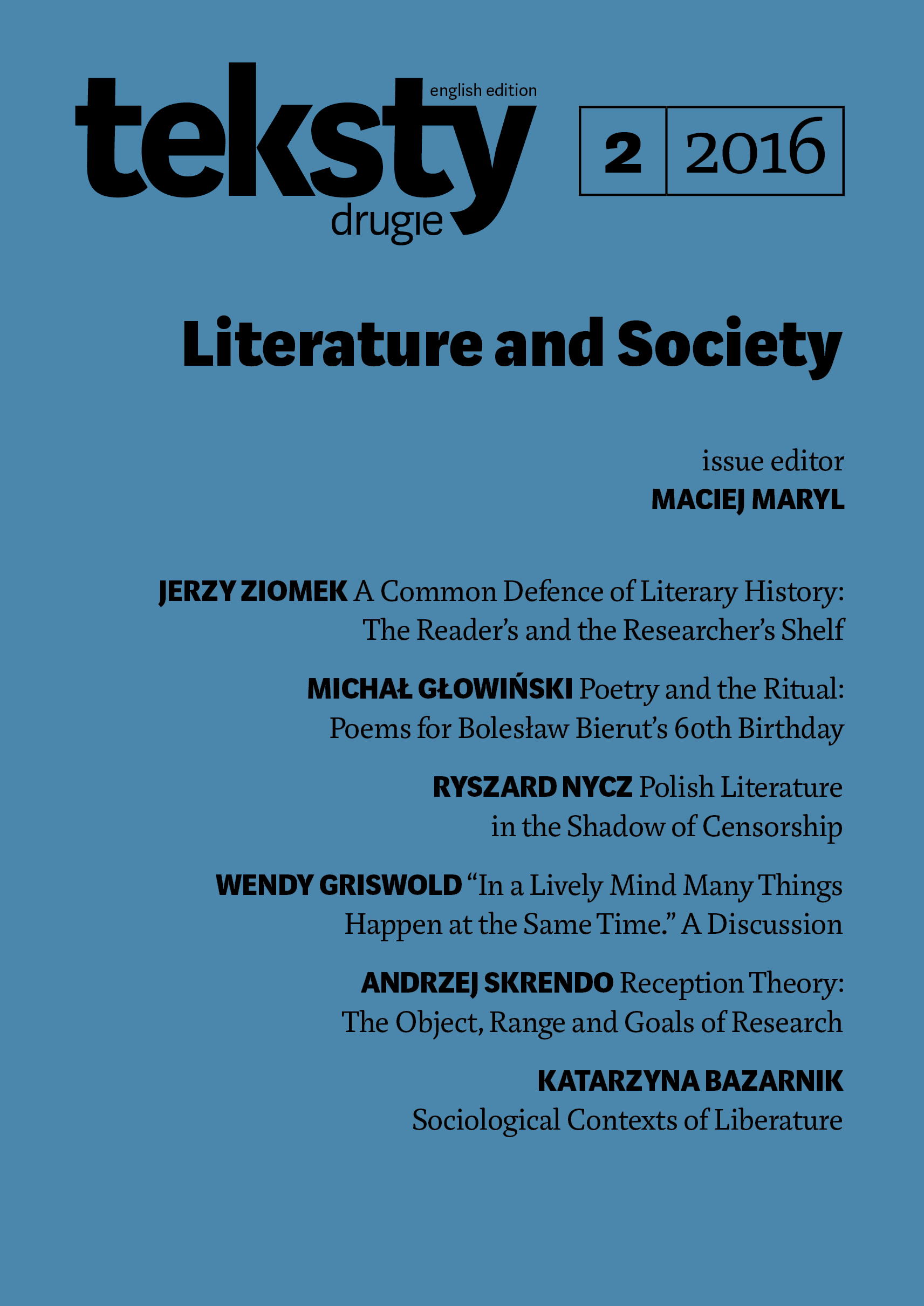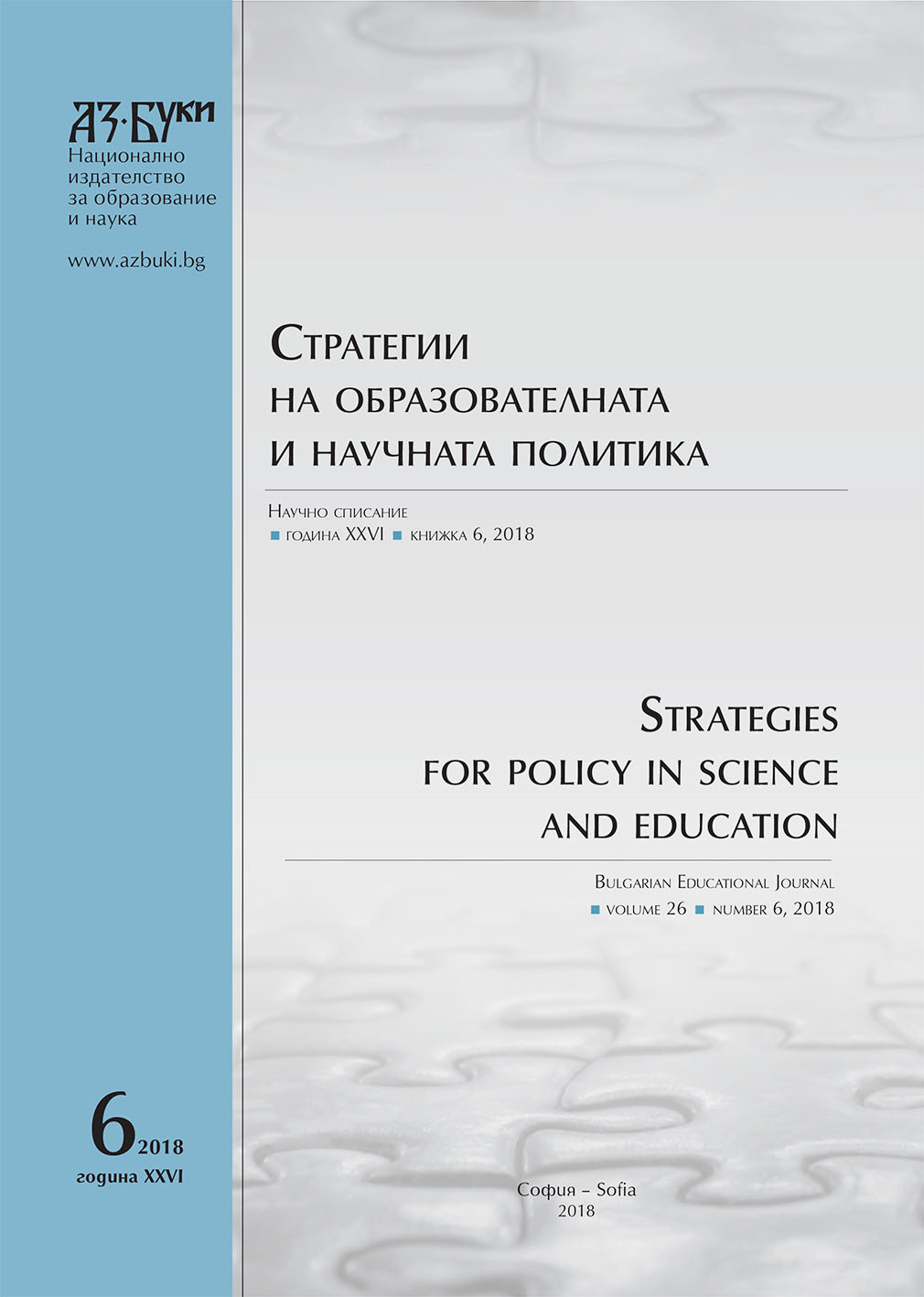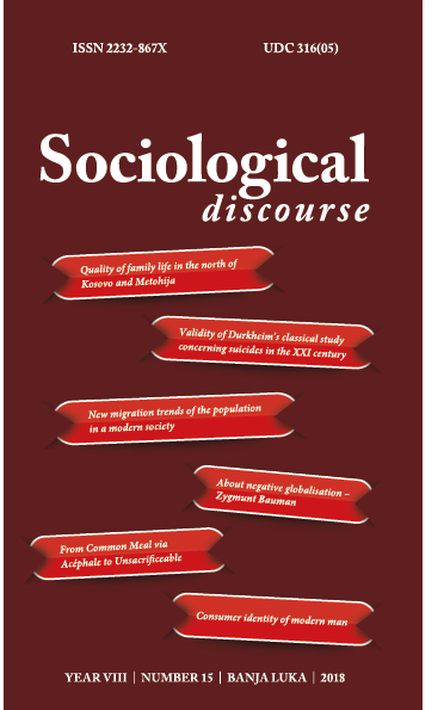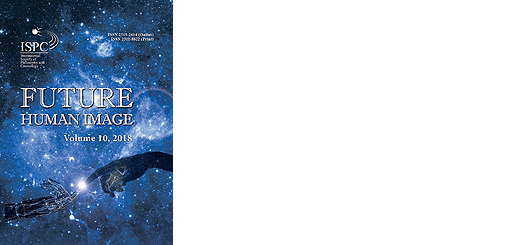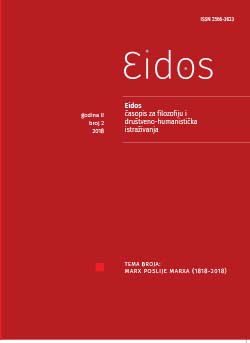Author(s): Edlira Macaj Tonuzi / Language(s): Albanian
Issue: 35/2017
The concept of "the other" initially studied in philosophy as a self-reliance (Hegel), as an inter-subjectivity foundation (Husserl), as an inevitable manifestation (J. P. Sartre), as a mythical, historical, sociological approach, where "the other" is the female (S. De Beauvoir); as an opposite part of the self (Lacan), as the other after the other (Derrida) etc., but also studied in the literature, psychology, sociology and culture, has marked its development in several directions. "The other" is considered as the different, the unacceptable, the differentiator, the stranger, etc. depended from the study's point of view, thus generating the meaning that it takes in every case. This paper will examine how the "other", known since at the beginning as an Albanian typical social part (The sworn virgin), becomes a motif of inspiration, cultural lending and transformation in the Alice Munro’s story, gaining so new functions literary motivated. This "other" borrowed from far away, appears as the exotic "other". Taken from a distant reality for her (Munro’s) readers, especially vitalized with its exotically function, this "other" will be discussed in our point of view from a philosophical, moral, sociological and cultural perspective referred to the relevant theories (Derrida, Todorov, Baumann, Jenkins, etc.)The concrete subject of study is: an introduction to the typical sworn virgin as an Albanian social phenomenon. Defining it as "the other" and displaying its integration in the Munro’s text while facing the other culture. The Albanian sworn virgin as the Munro's "Exotic Other".The cultural refraction of this social "other" made by its unique code and recognized in its psychology of the place where it works, comes throughout the fantasy and narrative structures from an author without real contact with the culture from she borrowed the model. Reactivation in the exotically context, of the seduction from the unknown, vocative, etc., becomes a version of connection of time and mankind. It serves to the modern human being to accept and respect the other and it comes to us as a free choice where the literary fantasy disengages the connection from the genesis, and the whole scheme is understood by enriching the meanings that ‘the other’ takes as: the only one-other in relationships with others through differences or similarities.
More...
![Sprawozdanie [ Sprawozdanie]](/api/image/getissuecoverimage?id=picture_2015_29403.JPG)

